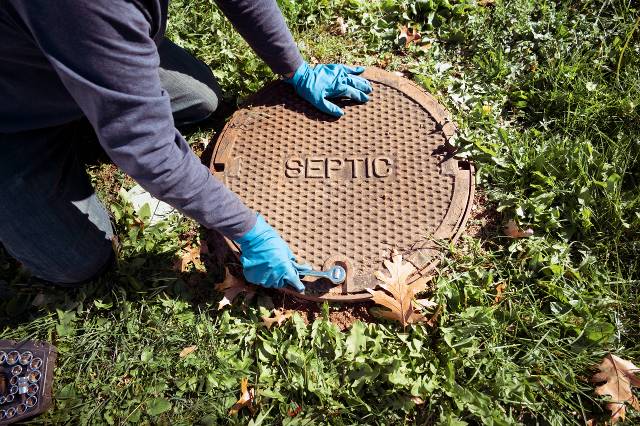
What are the characteristics of a healthy septic system vs. an unhealthy one?
A healthy septic system refers to a properly functioning and well-maintained system that effectively treats and disposes of wastewater. On the other hand, an unhealthy septic system is one that is experiencing issues, malfunctions, or neglect, leading to inadequate wastewater treatment and potential health and environmental hazards. Here are some key differences between a healthy and unhealthy septic system:
-
Odor and Appearance: A healthy septic system should be relatively odorless and show no signs of sewage backup or surfacing wastewater. An unhealthy system may emit foul odors, especially near the septic tank or drain field, indicating problems such as blockages, leaks, or improper drainage.
-
Proper Waste Treatment: In a healthy septic system, the tank effectively separates solid waste from liquids, allowing bacteria to break down the solids over time. The liquids (effluent) then flow into the drain field, where further filtration and treatment occur. An unhealthy system may experience clogs, overflows, or inadequate treatment, leading to the release of untreated wastewater into the environment, potentially contaminating groundwater or nearby water bodies.
-
Drainage and Water Backups: A healthy septic system should have efficient drainage with no signs of slow draining sinks, toilets, or showers. If you notice water backups, gurgling sounds, or frequent clogs, it could indicate a problem in the system, such as a blockage or failed drain field.
-
Ground Surface Condition: An unhealthy septic system may exhibit signs of distress on the ground surface above the drain field, such as sogginess, pooling water, or unusually lush vegetation. This could indicate system failure, with effluent not properly percolating into the soil or even surfacing above ground.
-
Regular Maintenance: A healthy septic system requires regular maintenance, including periodic pumping of the septic tank to remove accumulated solids. Neglected or poorly maintained systems are more likely to experience issues and failures. Regular inspections, maintenance, and adherence to recommended pumping schedules contribute to the health and longevity of a septic system.
-
Environmental and Health Risks: An unhealthy septic system poses risks to the environment and public health. Inadequately treated wastewater can contaminate groundwater, surface water, and soil, leading to pollution, potential transmission of waterborne diseases, and harm to aquatic ecosystems. A healthy septic system, on the other hand, minimizes these risks by effectively treating wastewater and preventing contamination.
It's important to note that septic systems require proper design, installation, and ongoing care to remain healthy. Regular inspections, maintenance, and responsible usage practices, such as avoiding excessive water usage and properly disposing of household waste, are crucial for the overall health and performance of a septic system. Contact us for an appraisal today!
